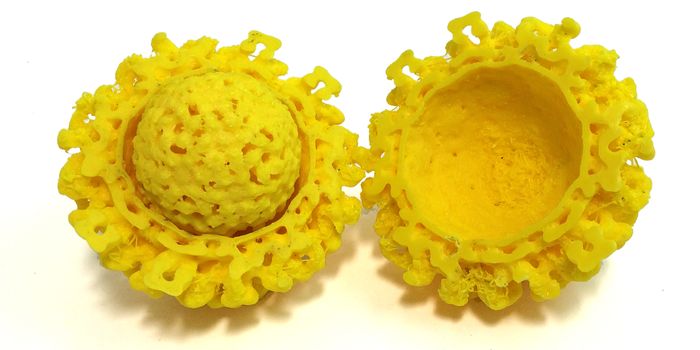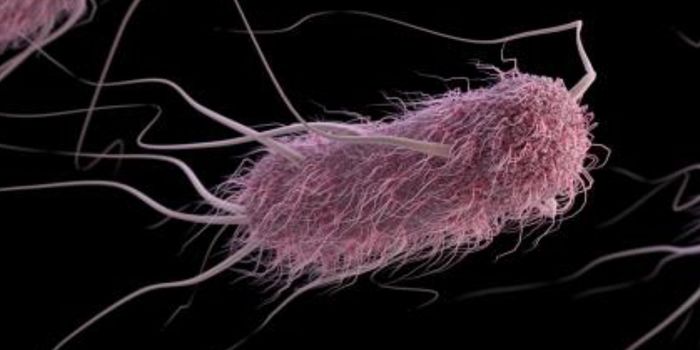A Scoring System That Links Gut Microbiome Interactions & Disease
The human gut microbiome has a crucial connection to our health and well-being, but it is a complex entity made up of many different organisms, which all have an effect on one another. The hundreds of different microbial species in the gut metabolize the foods we consume in different ways, and the metabolites that microbes generate are often then consumed by other microbes. It's been suggested that the more than half of the stuff that is eaten by gut microbes are byproducts of other gut microbes. This interdependence can have profound implications for the gut microbiome, and some species become totally reliant on the presence of others.
Scientists are still learning about the various characteristics of a healthy human gut microbiome, but there are certain species that tend to be present. High diversity in the microbiome is also typically associated with good health. While some microbes can fill in the gaps if other important ones are missing, some species can't be substituted.
Now, researchers want to quantify the interactions between various microbes, and connect these relationships to imbalances in the microbiome that are related to disease. In a new study reported in Nature Communications, scientists have created a metabolite exchange scoring system that can rank the metabolic interactions among gut microbes. The researchers were able to use this system to investigate how these interactions can be impacted when a cross-feeding partner is lost.
This method was used to assess Crohn's disease patients, and it demonstrated that in the gut microbiomes of these individuals, there is often a loss of species that are able to consume hydrogen sulfide, unlike what is seen in healthy individuals. While hydrogen sulfide has been associated with Crohn's disease before, this work has indicated that the disorder is likely more related to a loss of species that consume hydrogen sulfide, and not high levels of species that produce it, which other work has suggested.
The scoring system also revealed links between colorectal cancer and the metabolism of ethanol by microbes; and rheumatoid arthritis and a molecule called ribosyl nicotinamide that is generated by microbes.
Ribosyl nicotinamide is a primary precursor of nicotinamide adenine dinucleotide (NAD+), which other research has shown is significantly reduced in rheumatoid arthritis patients. Treatment with ribosyl nicotinamide or NAD+ has also been shown to improve outcomes for rheumatoid arthritis patients. This study may be the first to link microbial metabolism of ribosyl nicotinamide with rheumatoid arthritis, noted the study authors.
This scoring framework can now be applied to the study of other conditions.
"This is a significant step in the development of complex microbial therapies," said first study author Dr. Vanessa Marcelino, who is affiliated with the Hudson Institute of Medical Research, among other institutions. "This approach allows us to identify and rank the key interactions between bacteria and use this knowledge to predict targeted ways to change the community."
Sources: Hudson Institute of Medical Research, Nature Communications









